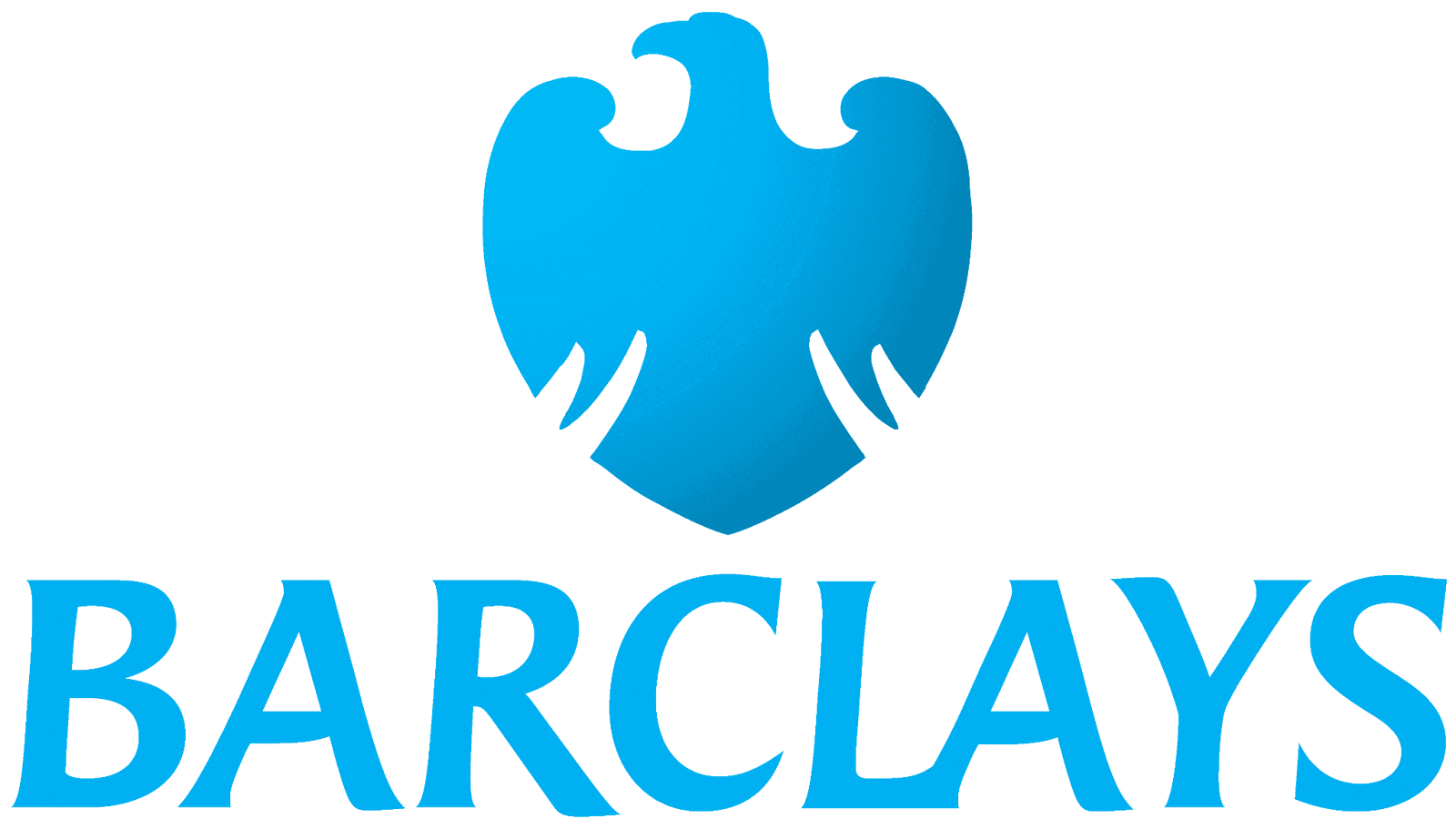What comes to mind when you hear of companies like JPMorgan, Goldman Sachs, Bank of America, and Morgan Stanley? Did billion dollar deals, intense competition, big pay-checks, and prestigious exit opportunities pop up? If so, then you already have some insights into the top-tier bulge bracket firms in investment banking.
These firms plus the four others in the bulge bracket banks category are the big players in the investment banking industry. This guide will help you understand more about these firms, including a brief profile of each, how to select the right one for your career start and tips for the interview preparation.













